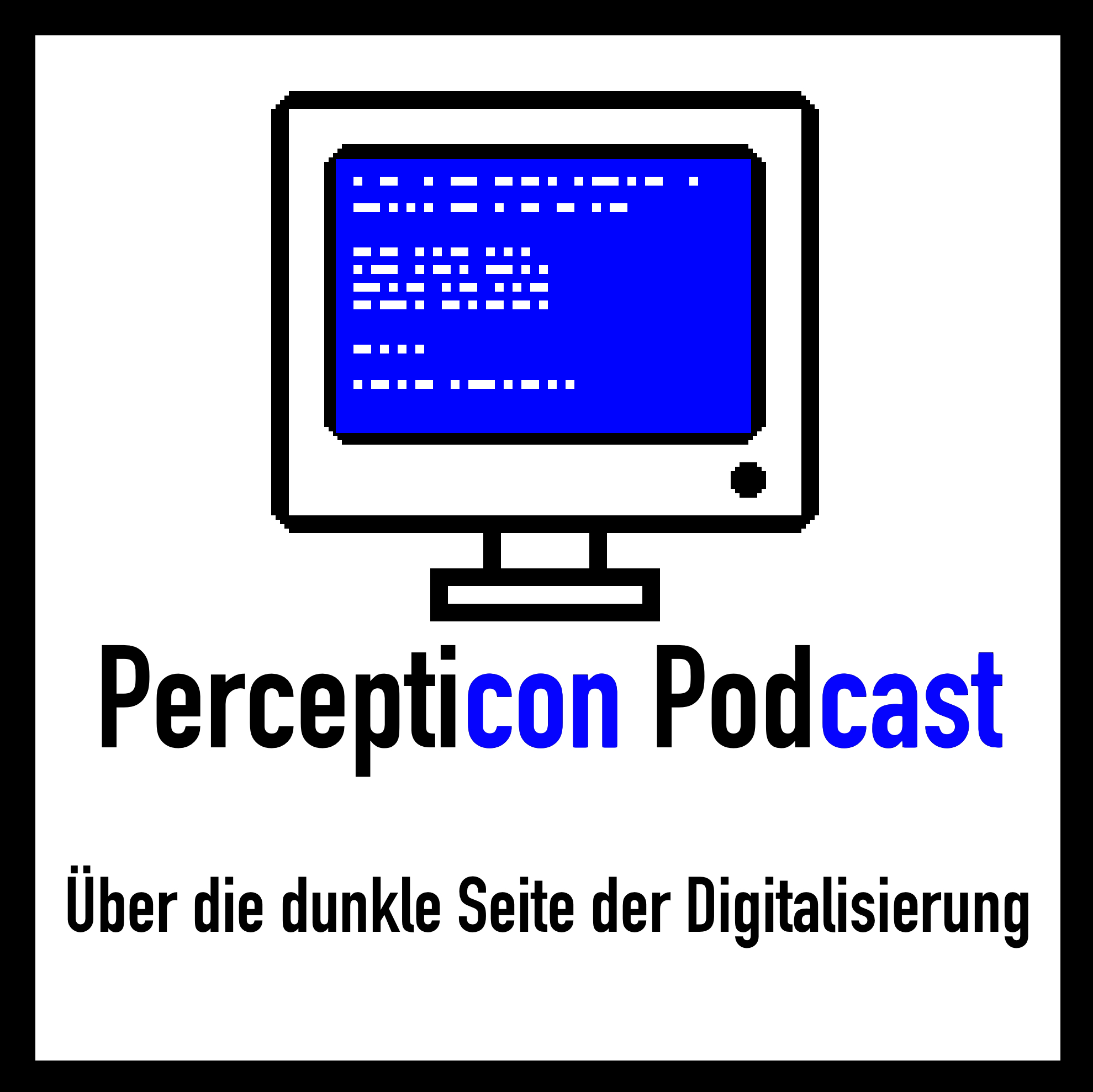News
-
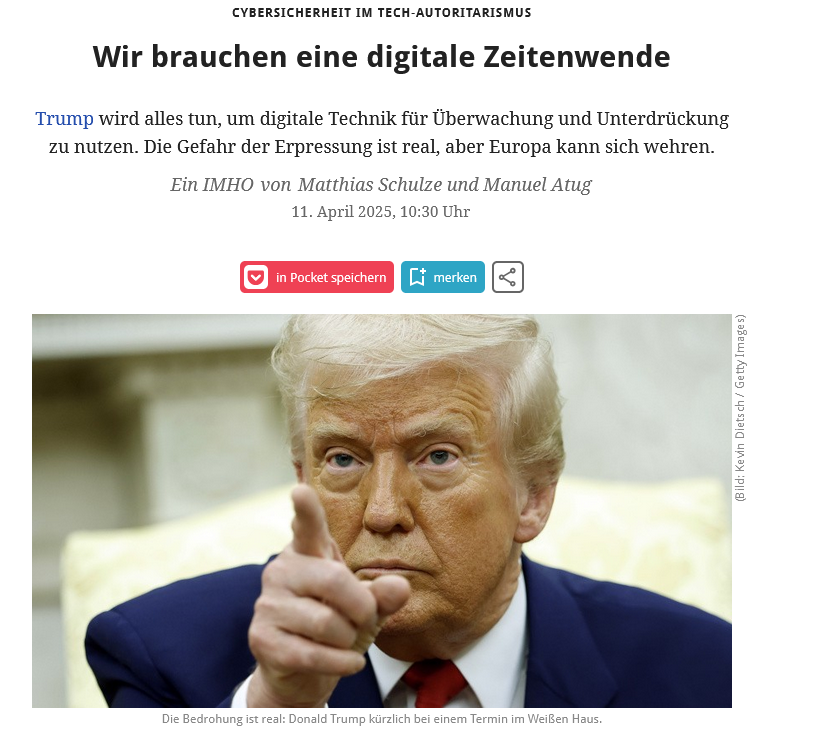
Matthias published an OpEd with golem.de, a leading IT website in Germany. The Op-Ed warns that the United States is experiencing a tech-enabled authoritarian shift, where the undermining of liberal democracy is happening openly and systematically, not secretly. Influential tech leaders like Elon Musk and other “tech-bro” billionaires, alongside former President Trump, are seizing control…
-
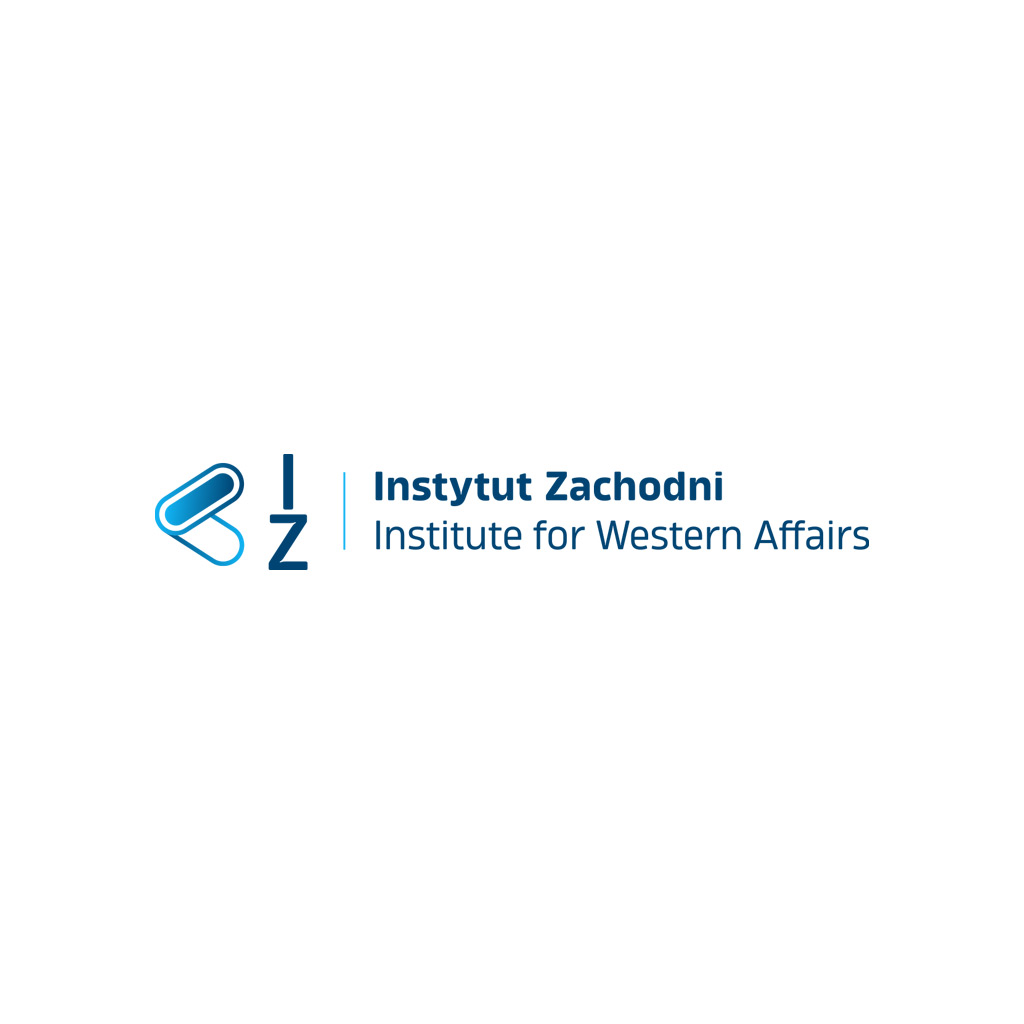
Mateusz Łabuz was keynote speaker during the seminar organized by the Western Institute from Poznań. Mateusz presented detailed analysis on cybersecurity, analyzing the new challenges policymakers face in this area and the new threats emerging with technological advancements. The presentation was an introduction to an academic discussion on the limits of cybersecurity and the possibilities…
-
Cybersecurity, much like climate change, is an inherently global challenge demanding global solutions. The internet’s interconnected nature ensures that vulnerabilities discovered in one corner of the digital world can rapidly ripple outwards, affecting systems and users worldwide. Software vulnerabilities, the digital equivalent of industrial pollution, are an inevitable byproduct of software development. With modern software…
-
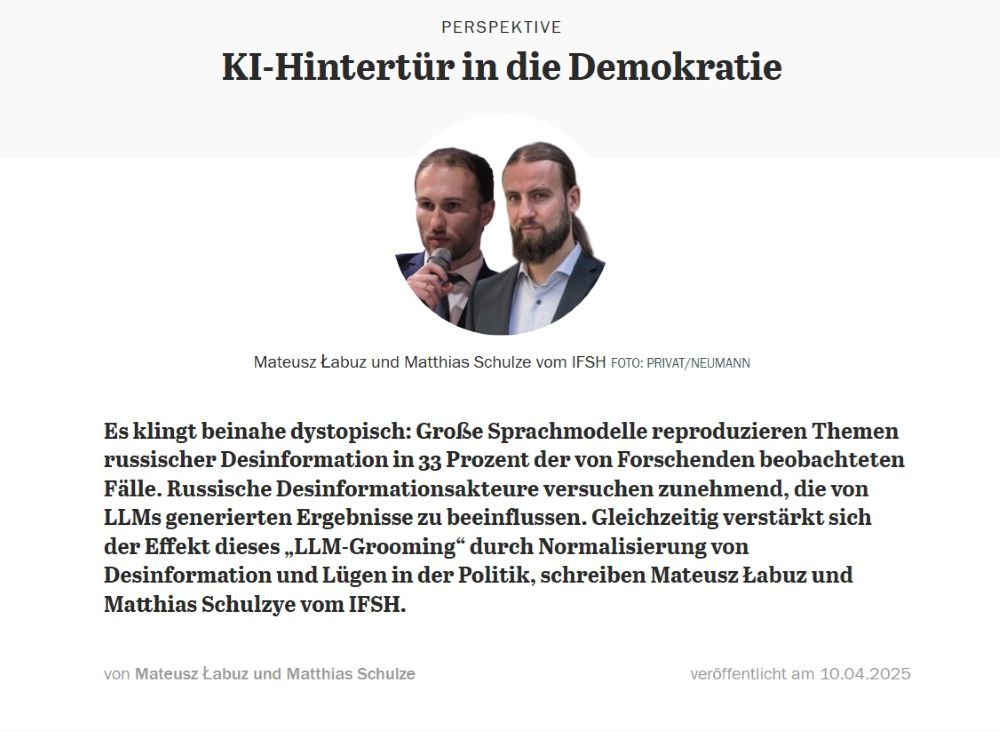
Mateusz Łabuz and Matthias Schulze co-authored OpEd titled “KI-Hintertür in die Demokratie” (German version available online). The OpEd was published by Tagesspiegel Cybersecurity Background. They pointed out that large language models reproduce Russian disinformation themes in 33 percent of the cases observed by researchers. For that reason, Russian disinformation actors are increasingly trying to influence…
-
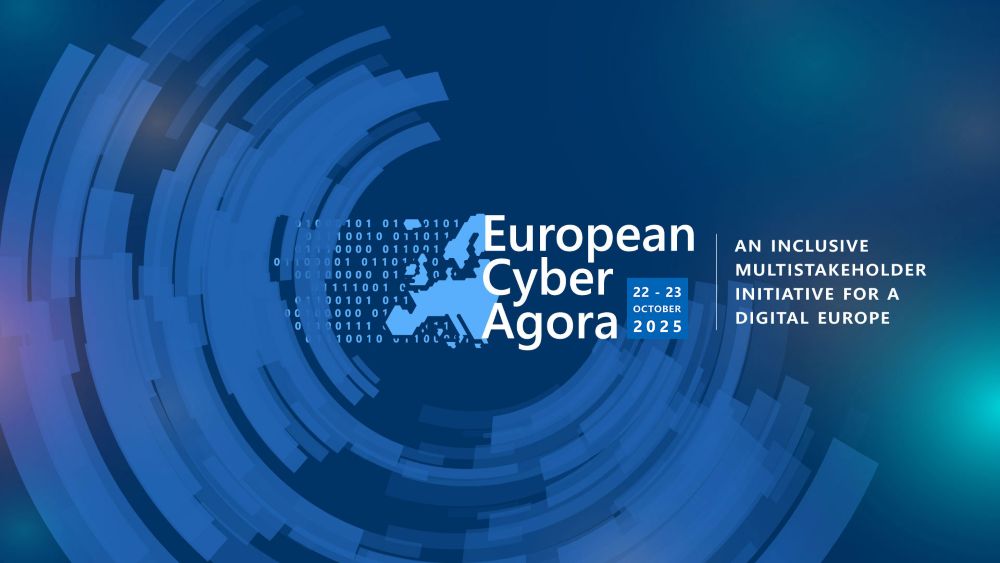
Mateusz Łabuz took part in two workshops as part of the Cyber Agora program implemented in cooperation between the German Marshall Fund, EU Cyber Direct and Microsoft. The seminars serve as preparation for the European Cyber Agora conference, which will take place on October 22-23, 2025 at the Microsoft Technology Center in Brussels. Its aim…
-
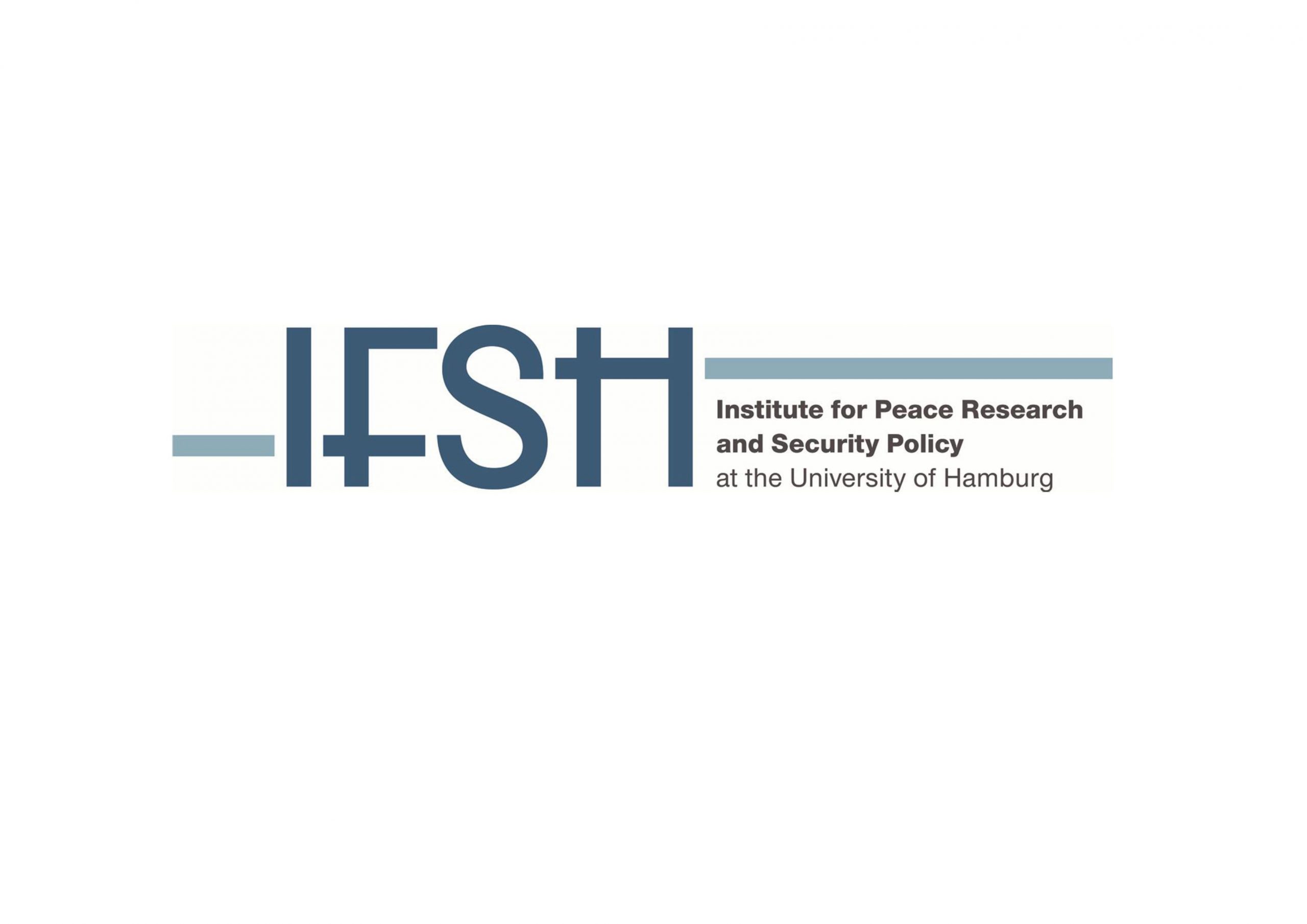
In the first quarter of 2025, the International Cybersecurity program experts took part in numerous consultations and expert interviews. The institutions involved included the University of the National Education Commission in Krakow, the Zeiss Stiftung Institute for Artificial Intelligence and Law, the University of Applied Sciences in Vienna, and the University of Tübingen. We wish…
-
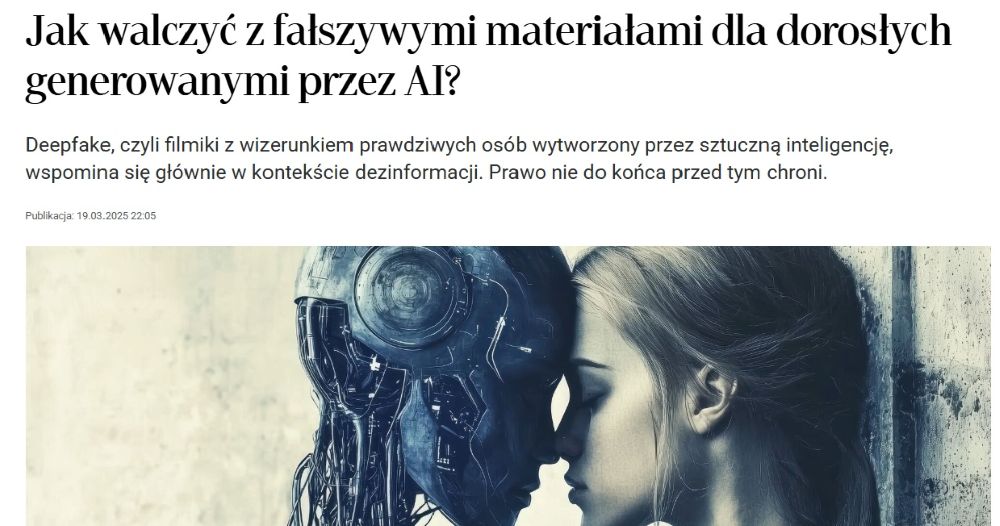
Mateusz Łabuz spoke with one of the largest Polish dailies “Rzeczpospolita”. The conversation concerned the recently published report entitled “Deep Fakes and Sexual Abuse – Law Facing the Challenges of Synthetic Media”, of which Mateusz is a co-author. As Mateusz emphasizes, “a significant part of synthetic pornography comprises situations in which the face of another…
-
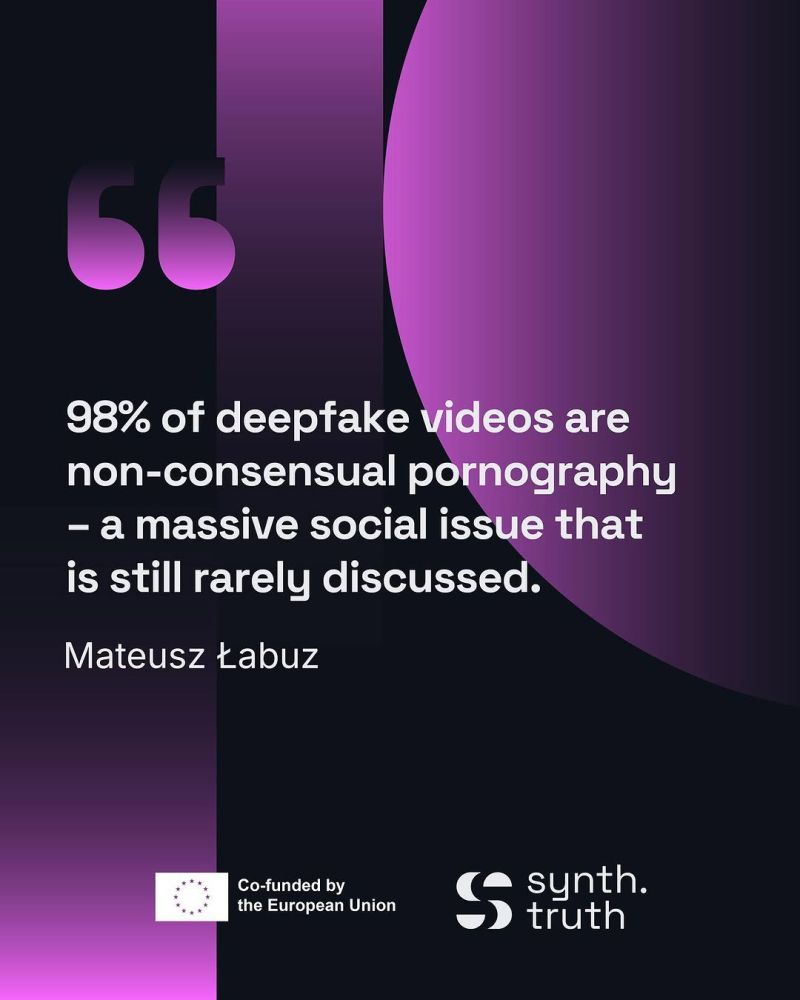
Mateusz Łabuz was the main guest of the podcast Synthetic Truth. In a conversation with Edyta Sadowksa, Mateusz tackled difficult questions about the development of synthetic media and its impact on various social and political processes. Can you believe your eyes? In a world where AI can create realistic images, sounds, and videos, the line…
-
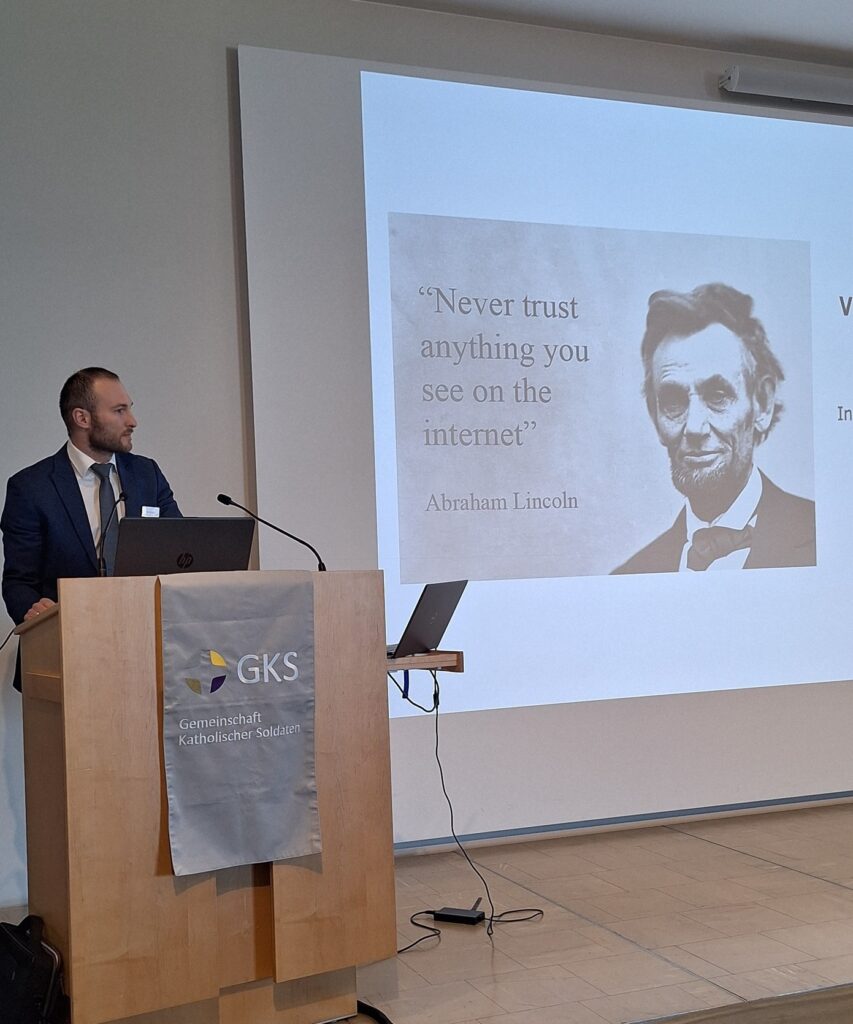
Mateusz Łabuz was a speaker at a seminar organized by Gemeinschaft Katholischer Soldaten, during which the issues of cybersecurity, disinformation and security policy were raised. The participants discussed, among others, the concept of cognitive warfare and contemporary threats related to the development of modern technologies. Much space was devoted to cybersecurity strategies and new vectors…
Archive
- Political Tech Summit
- ICS activities in the second half of 2025
- We are hiring!
- Defending democracy against foreign influence campaigns: A wargaming exercise
- Webinar with Cyprus institutions
- Mateusz as a speaker at the GIZ conference
- Mateusz co-authored book
- Matthias joins the BSI conference advisory board
- PROTEKT – Roundtable Espionage & Zeitenwende
- OpEd on strenghtening social resilience
- “Reverse Brussels effect”? Mateusz’s OpEd in The Loop
- OpEd on AI and why Leo XIV chose this name
- Matthias in podcast “Was ist da los?”
- #1 Und DAS glaubst du?! – Ist Desinformation eigentlich ein neues Phänomen? mit Dr. Matthias Schulze
- ICS activities in the first half of 2025
- Matthias in Table Briefings
- Mateusz has just defended his PhD Thesis!
- Annual Peace Report published!
- The Real End of History: AI Shaking Google’s Hegemony
- The Crumbling Foundation of Global Cybersecurity
- Podcast available on recent research activities by Matthias Schulze
- ICS supports research
- Commentary for Tagesspiegel Background
- Matthias in podcast from Deutschland Funk
- Part 2: Doing active cyber defense
- Matthias interviewed by Berlin Security Beat
- Comment for Tagesspiegel article

